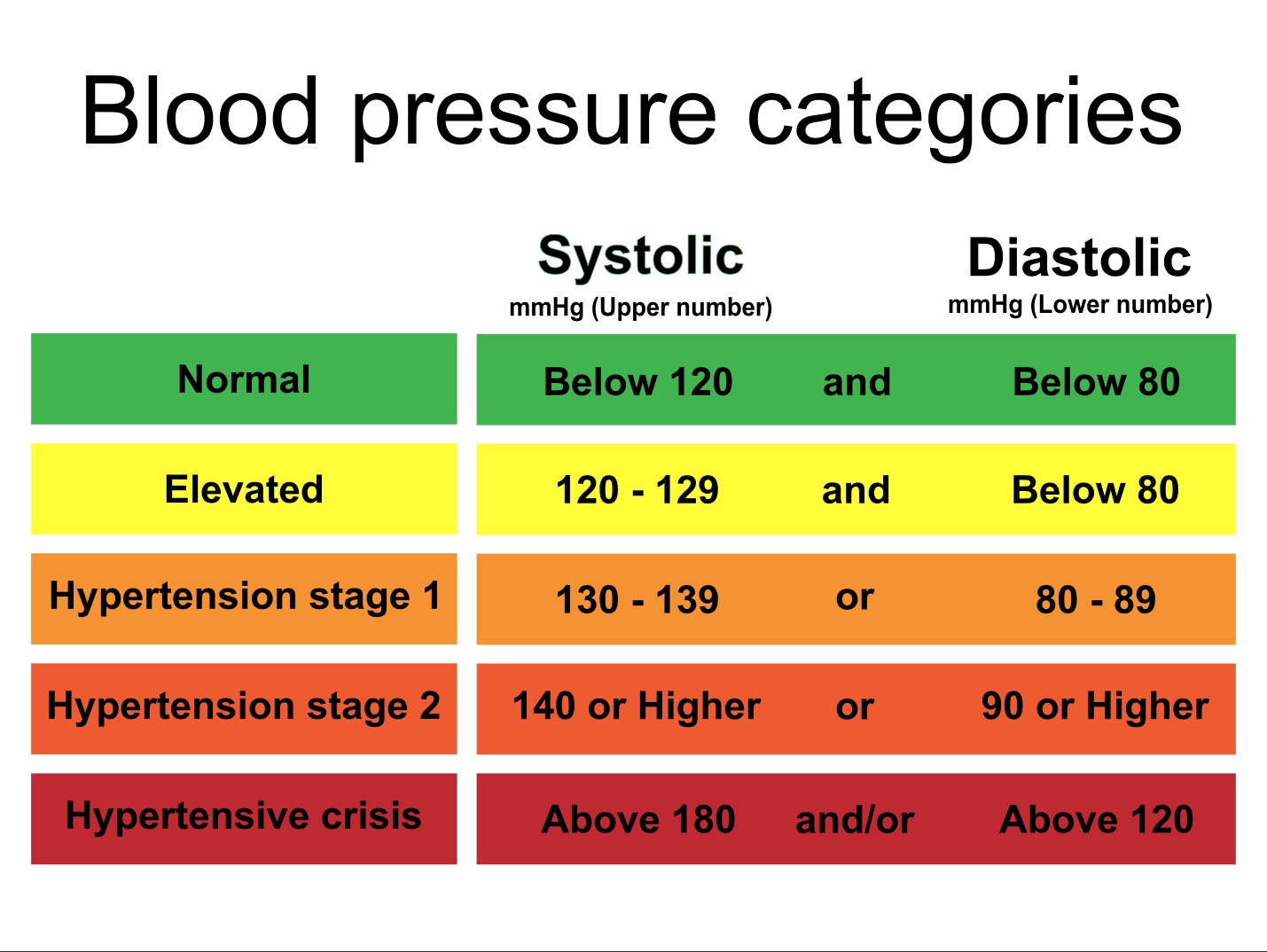Try the DASH Diet
Many doctors recommend the DASH diet for people with a high BP. DASH stands for Dietary Approaches to Stop Hypertension. A registered dietitian can customize the DASH diet for your specific nutritional needs. Key features of the diet include:
- Eating more whole grains, fruits, vegetables, lean proteins like fish and poultry, and fat-free and low-fat dairy products
- Enjoying nuts, seeds, legumes, and healthy monounsaturated and polyunsaturated fats in moderation
- Increasing intake of potassium, calcium, magnesium, protein, and fiber
- Reducing intake of sodium, saturated fat, and added sugars

Exercise Regularly
Regular physical exercise can lower blood pressure by 5 to 8 mmHg, according to the Mayo Clinic. The CDC says that adults should aim for at least 150 minutes of moderate-intensity exercise or 75 minutes of high-intensity exercise each week. Exercise doesn’t have to mean hitting the gym. You can enjoy brisk walking, sports, swimming, or dancing as a workout. In addition, completing household chores that raise your heart rate, like vacuuming or mowing the lawn with a walking mower, can count toward your weekly exercise.
Quit Smoking
Smoking constricts blood vessels and can raise blood pressure as a result. In addition, smoking further increases the risk of complications of hypertension like heart attack and stroke. Quitting isn’t easy, but the health benefits that come from kicking the habit make it worth it. Your doctor can help you get on a smoking cessation program to increase your chances of success. Options include cognitive behavioral therapy, group therapy, nicotine replacement therapy, and prescription medications.
Take Steps to Fight Stress
Chronic stress can lead to elevated stress hormone levels, which in turn can increase your BP. As a result, finding ways to manage stress is an important part to control your BP. Some ways to reduce stress include:
- Seeing a mental health professional for therapy
- Talking to friends and family
- Exercise
- Enjoying hobbies
- Deep breathing
- Yoga
- Meditation
- Mindfulness training
High Blood Pressure? Follow Your Treatment Plan
If your doctor has diagnosed you with high blood pressure, following the treatment plan that they recommend is important for your health. Often, doctors recommend lifestyle changes as the first line of treatment for elevated blood pressure. If these changes aren’t effective on their own, they will usually prescribe medications. It’s important to take any drugs that you’re prescribed according to schedule. If you experience side effects, contact your healthcare provider before you stop taking them.
Know the Warning Signs of Low Blood Pressure
Blood pressure medications can cause a low BP in some instances. Some symptoms include:
- Blurred vision
- Dizziness
- Lightheadedness
- Fatigue
- Fainting
- Nausea
- Problems concentrating
In some cases, the above-mentioned symptoms come on suddenly and last for only a few seconds. This is most likely to occur when you stand up from a sitting position. If low blood pressure symptoms last for longer, seek emergency medical attention. Need more information about your BP or looking for a blood pressure chart by age? Continue your search here:

